Mission and Leadership
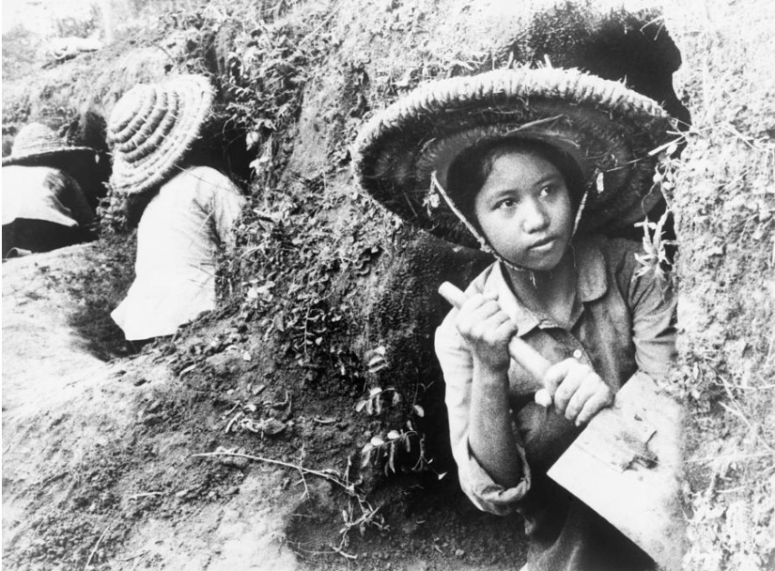
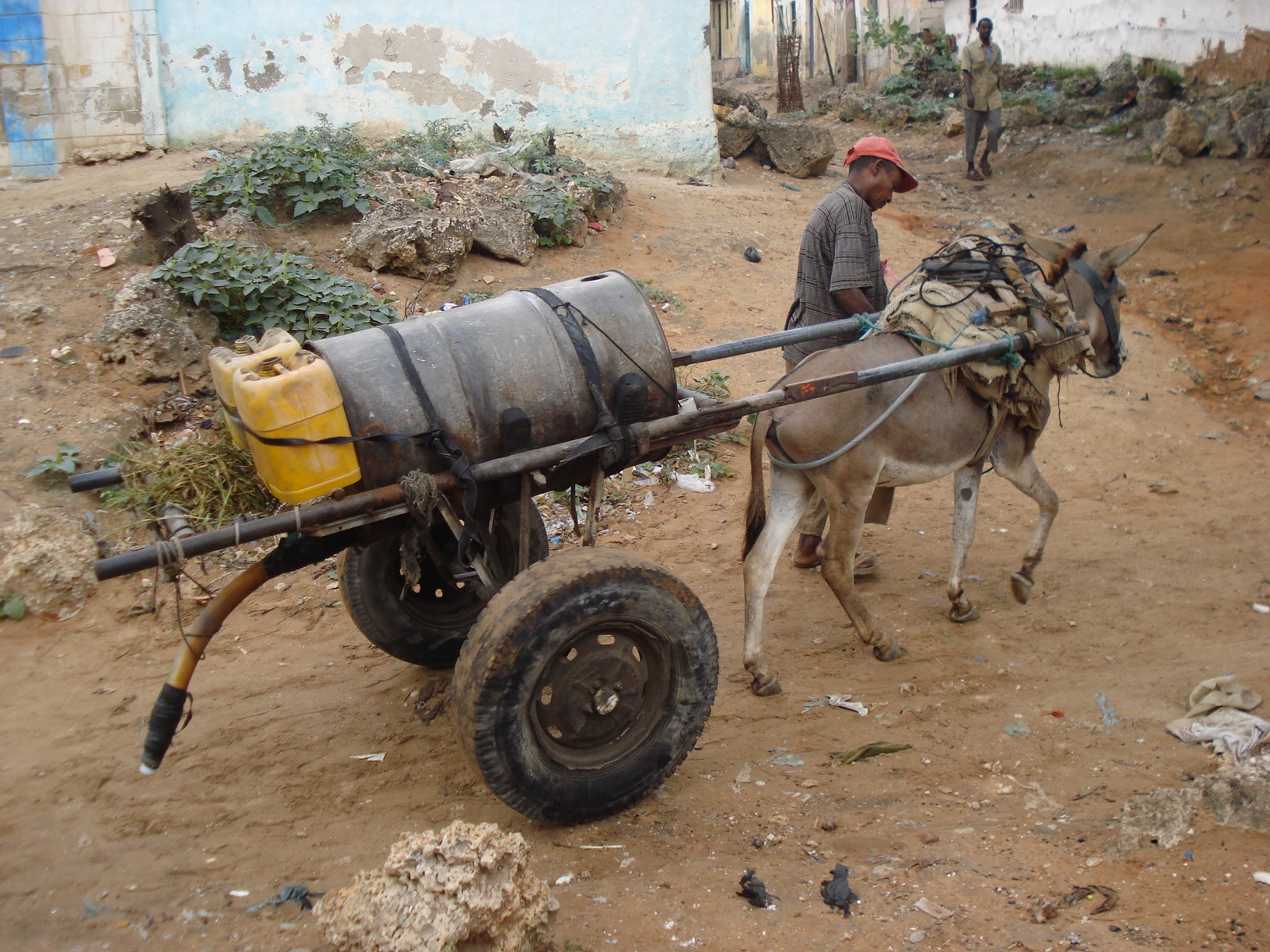
Mission
As violence approaches, an aid agency can do more to support the capacity of its counterparts—its local staff and partners—to serve alone in the face of danger. As violence approaches, that agency can, with those counterparts in the lead, do more to support the capacity of communities to survive alone in the face of danger. That is, we as an aid community can help local providers and populations physically prepare today for the violence they will face after being separated from us tomorrow. The process for doing this is called preparedness support.
The Center for Civilians in Harm’s Way is dedicated to providing aid agencies more options amid the worst situations they will ever face in regard to collapsing missions and endangered local counterparts and communities. It will help incentivize and equip agencies to prepare for the day they may lose access and need to work in remote fashion with local providers upon whom the burden will fall for helping brace local populations for unstoppable violence. The incentives are:
Strategic
- The better prepared development agencies are, the better they can help shockproof years of family, community, and state development gains from violence.
- The better prepared humanitarian agencies are, the better the continuity of mission (from pre-evacuation to remote support work to ultimate return) they can achieve.
Ethical
- Agencies can better fulfil obligations such as they may define them: both a ‘duty of care’ for counterparts and a ‘responsibility to protect’ communities.
Financial
- The Center will help lay donor groundwork for the comparatively minor expenses associated with preparedness support. It will also help strengthen public appeals by honing the potent narrative of support for civilians’ self-preservation in the face of violence that won’t be stopped.
The Center will help further equip agencies by offering tools and services for each step of the preparedness support process. This begins at headquarters with building the case for and policy commitment to preparedness. Clear agency ‘buy-in’ ensures an earlier trigger for consultation, assessment, and—should conditions warrant it—the recruitment for and implementation of preparedness support. Guidance and expertise will be on hand for each of these steps as well as for evaluation and adjustment in practice.
Our Approach
Our Story
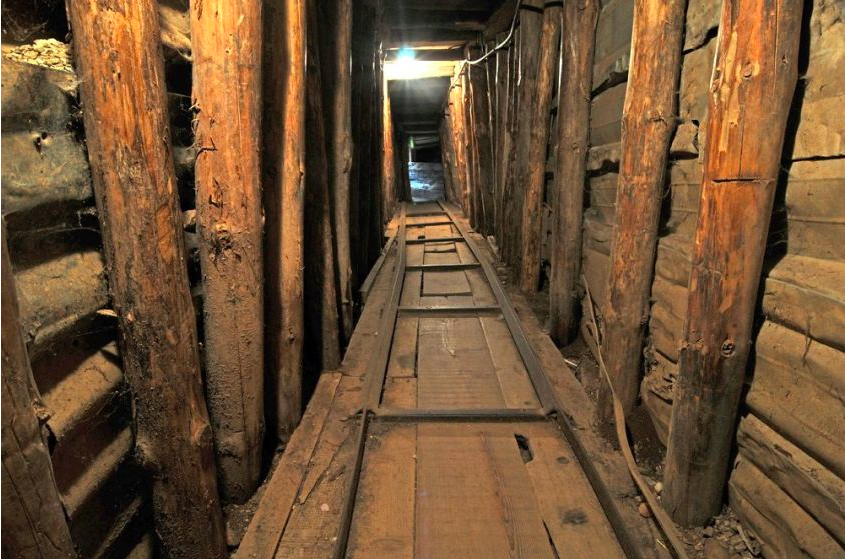
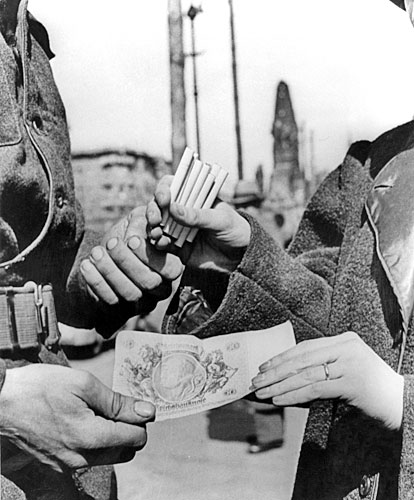
Leadership
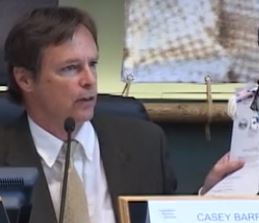
Casey A. Barrs
Founder & Director
Mr. Barrs has prepared numerous reports and international panels on the issue of civilian self-protection. He has presented at Harvard University (2007), the United Nations Office for the Coordination of Humanitarian Affairs (2007), Oxford University (2009), The Brookings Institute (2010), the U.S. Institute for Peace (2010), Yale University (2010), Oxfam/Australia (in Phnom Penh) (2010), Tufts University (2011), and Dalhousie University (2012).
Mr. Barrs worked for a decade as a protection research fellow with The Cuny Center. As program officer with Mercy Corps International he created the guidance material for its civil society initiative. He has also worked as security and operations manager for the American Refugee Committee in Goma, Zaire; as rehabilitation officer for United Nations Development Program in Somalia; as field monitor for World Food Program Afghan relief in Pakistan; as foreign aid evaluator for the US Government Accountability Office in several countries; as Senior Research Associate for the Maureen and Mike Mansfield Center’s annual Asia/America Dialogue Series on America’s Wars in Asia, and in several other positions.
In the early 1980s, he lived for three years with a hill tribe in the southern Philippines, preparing an ethnography as well as a history of their violent displacement. He earned from Drew University an MA in International Relations and a BA in Political Science, including semesters at the United Nations and in London.
He now serves as Center Director, with the lead for its strategic direction, tools and services development, and outreach to agency clients.

Elizabeth B. Rogers
Assistant Director
Ms. Rogers served for over twenty years in the U.S. Army which included combat tours in Iraq and Afghanistan, as well as humanitarian operations in Haiti and Hurricane Andrew. She served for two years as a senior duty officer in the White House Situation Room entailing extensive analysis and presentation on national security issues across several regions.
Ms. Rogers earned MA in Education from Eastern Kentucky University where she is also an adjunct professor.
She now serves as Center Assistant Director, with the lead for area studies and risk analysis, assessment of transnational and diaspora populations, after-action evaluation and learning, and as operator-controller for simulations.
Elizabeth B. Rogers
Assistant Director
Ms. Rogers served for over twenty years in the U.S. Army which included combat tours in Iraq and Afghanistan, support operations for Somalia, as well as peace operations in Haiti and humanitarian operations after Hurricane Andrew. She served over two years as a Senior Duty Officer in the White House Situation Room entailing extensive analysis and presentation on national security issues across several regions.
Ms. Rogers earned MA in Education from Eastern Kentucky University where she is also an adjunct professor.
She now serves as Center Assistant Director, with the lead for area studies and risk analysis, assessment of transnational and diaspora populations, after-action evaluation and learning, and as operator-controller for simulations.




